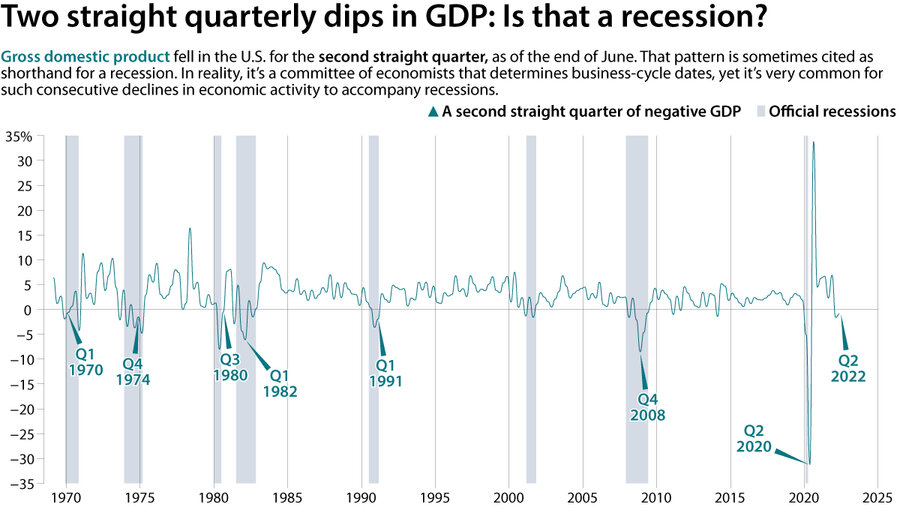Is the United States in a recession? The economy is in a weird in-between space where, for many people, it feels like the answer is “yes,” even though many of the numbers don’t look awful.
Monitor Daily Podcast
- Follow us:
- Apple Podcasts
- Spotify
- RSS Feed
- Download
 Mark Sappenfield
Mark Sappenfield
Paleontology could be having its “Pluto” moment. As everyone of a certain age knows, Pluto was once a planet before its humiliating demotion to a dwarf planet in 2006. (Some of us will never get over this.) An iconic piece of the scientific canon changed. We now had only eight planets.
Earlier this year, a paper in Evolutionary Biology threw a similar grenade into paleontology. The world’s most iconic dinosaur, Tyrannosaurus rex, was actually three dinosaurs, it said. T. regina was a bit smaller and slimmer. T. imperator was a bit huskier. The evidence was based on an analysis of femur bones and teeth.
This week, however, scientists themselves fought back. Writing in the same publication, they essentially said the earlier analysis was bunk. Dinosaurs of the same species have variations, and none of the variations were significant enough to warrant the classification of two new species, the authors argued.
The real problem, all scientists say, is that trying to deduce the sometimes fine distinctions between species from the limited fossil record is problematic. All classifications of dinosaur species amount to interpretations and collective wisdom.
But the message from this week? Don’t mess with T. rex. “T. rex is an iconic species and an incredibly important one for both paleontological research and communicating to the public about science, so it’s important that we get this right,” one author of this week’s rebuttal told CNN.
The author of the original paper didn’t totally disagree. If his paper had been about some obscure plant-muncher, he told CNN, “there very likely would not have been so much fuss and bother.”











